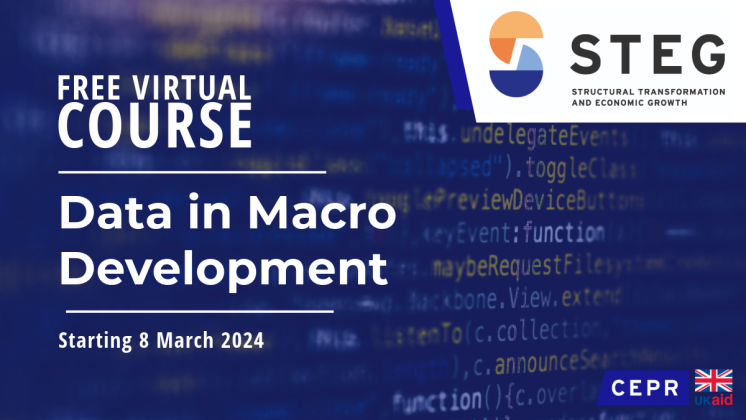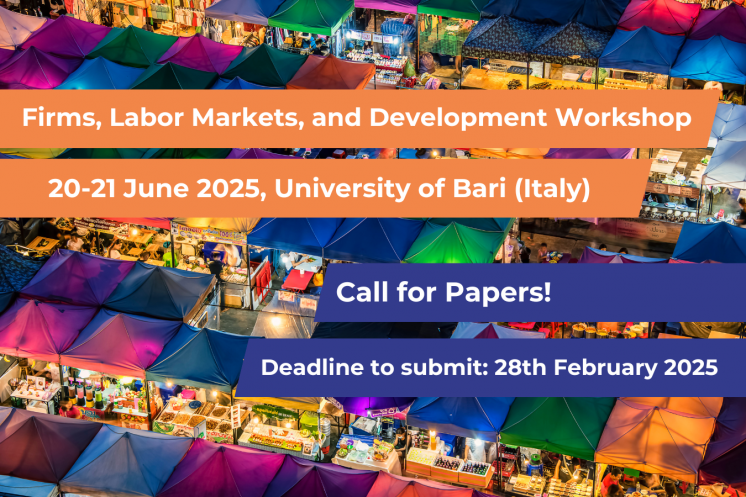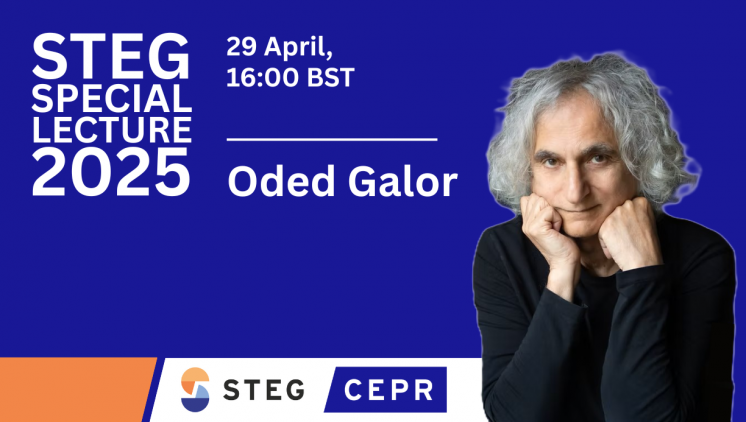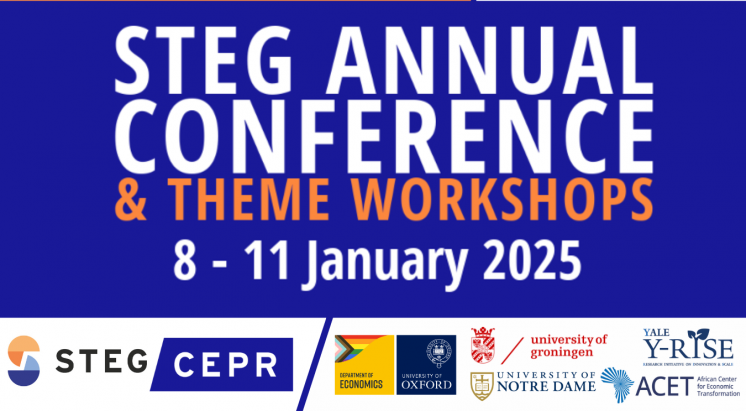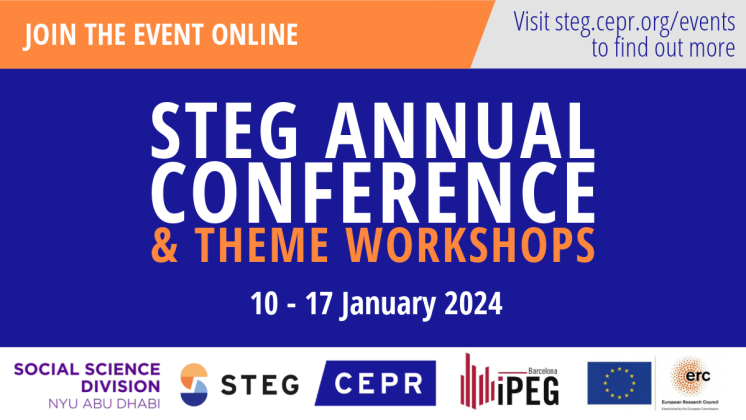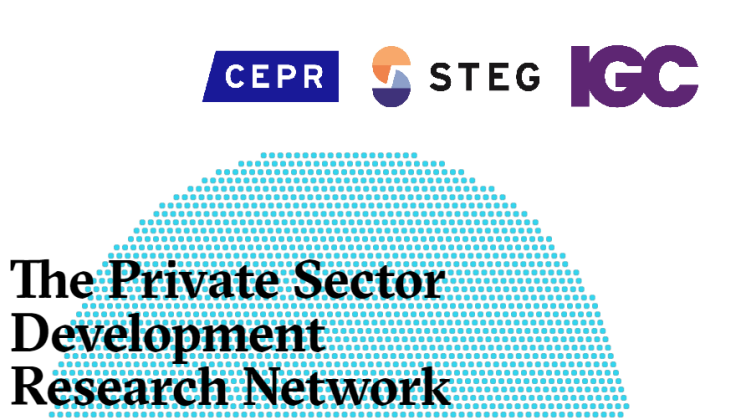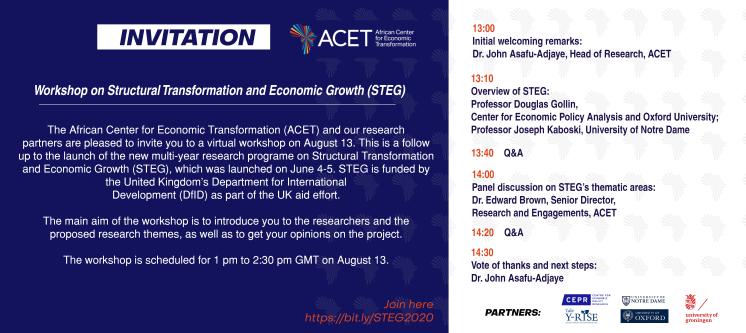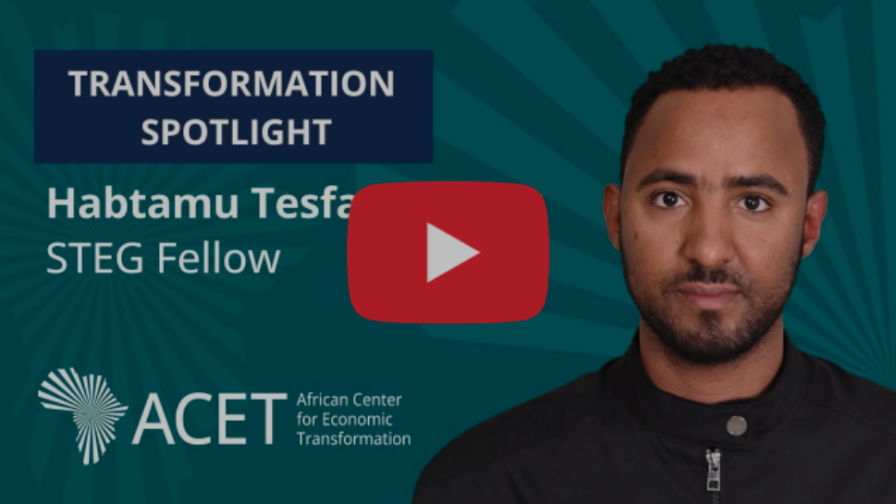What? The course is designed around a series of modules of two 90-minute lectures. These modules introduce workhorse models, methods, and ideas in an organised fashion, as well as going over some empirics and recent contributions. The 6 modules constitute 12 lectures. In addition, we have supplemental lectures that are more stand alone and focus on other important topics in macroeconomic development. Together the modules and supplemental lectures constitute 20 lectures, a full quarter course.
Why? Macro development is a small field. Textbooks are unavailable, and while many graduate programmes teach some of these concepts in their courses, very few have a specific course organised around and dedicated to macro development. This virtual course will fill the gap for PhD students or even junior faculty throughout the profession who are interested in these topics but do not have access otherwise. The virtual classes will be interactive, just as virtual graduate lectures in most departments are now.
For whom? The course is open free-of-charge to all interested PhD students and economics faculty. Course materials (syllabus, lecture presentations, and recorded lectures) will be available after the fact on the STEG website.
How to attend? Those who apply and register for the course by January 31 are expected to attend regularly and can actively participate in the Zoom class. Registered graduate students should have a faculty sponsor them.
When? 5 February-7 May, either one (Friday) or two (Thursday and Friday) lectures a week, 4 pm London time (GMT through March dates, and then GMT+1 for April and May dates).
The course syllabus, schedule of lectures, reading list, and registration can be found here.
Schedule of Lectures:
Module 1: Introduction
- Friday, February 5, Lecture 1: Empirical overview of macro development – Richard Rogerson (Princeton) Slides, Q&A, Recording
- Friday, February 12, Lecture 2: Development accounting: methods and findings – Julieta Caunedo (Cornell) Slides, Q&A, Repository, Recording
- Thursday, February 18, Supplemental Lecture: Human capital in developing countries – Todd Schoellman (Minneapolis Fed) Slides, Q&A, Recording
Module 2: Structural transformation
- Friday, February 19, Lecture 3: Key theories – Berthold Herrendorf (Arizona State) Slides, Q&A, TA Session, Recording
- Friday, February 26, Lecture 4: Structural transformation, home production, and labour markets – L. Rachel Ngai (LSE) Slides, Q&A, Recording
- Thursday, March 11, Supplemental lecture: Labour market frictions and development – Mark Rosenzweig (Yale) Slides, Q&A, Recording
Module 3: Misallocation
- Friday, March 12, Lecture 5: Firm-level misallocation: benchmark model and early results – Richard Rogerson (Princeton) Slides, Q&A, Recording
- Thursday, March 18, Supplemental lecture: Political Institutions and development – Leonard Wantchekon (Princeton) Slides, Q&A, Recording
- Friday, March 19, Lecture 6: Recent applications and advance – Pete Klenow (Stanford) Slides, Q&A, Recording
Module 4: Agricultural productivity
- Thursday, March 25, Lecture 7: Agricultural productivity gap: measurement and explanations – David Lagakos (Boston U) Slides, Q&A, TA Session, Recording
- Friday, March 26, Supplemental lecture: Technology diffusion and adoption – Chris Tonetti (Stanford) Slides, Q&A, Recording
- Thursday, April 1, Lecture 8: Barriers to technology adoption: what we know from micro empirics – Lauren Falcao Bergquist (Michigan) Slides, Q&A, TA Session, Recording
Module 5: Risk and heterogeneous agents
- Thursday, April 8, Supplemental lecture: Migration and risk – Mushfiq Mobarak (Yale) Slides, Q&A, TA Session, Recording
- Friday, April 9, Lecture 9: Heterogeneous agents models and methods – Ben Moll (LSE) Slides, Q&A, TA Session, Recording
- Friday, April 16, Lecture 10: Applications to development – Yongseok Shin (Washington U. in St. Louis) Slides, Q&A, Recording
- Thursday, April 22, Supplemental lecture: Demographic transition and development – Michèle Tertilt (Mannheim) Slides, Q&A, Reading List, TA Session, Recording
Module 6: Spatial frictions
- Friday, April 23, Lecture 11: Basic trade/spatial model – Melanie Morten (Stanford) Slides, Q&A, TA Session (slides), TA Session (Matlab model code), TA Session (Matlab model simulation code), Recording
- Friday, April 30, Lecture 12: Applications to development – David Atkin (MIT) Slides, Q&A, Recording
- Thursday, May 6, Supplemental lecture: Trade, FDI, and development – Natalia Ramondo (Boston U.) Slides, Recording
- Friday, May 7, Supplemental lecture: Urbanization and development – Klaus Desmet (Southern Methodist), Slides, Recording

